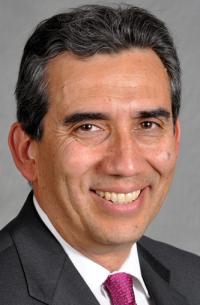Citizens United Screws With Local Primary Races


Karen Montoya

Victor Lopez

Cynthia Hall
Latest Article|September 3, 2020|Free
::Making Grown Men Cry Since 1992


Karen Montoya

Victor Lopez

Cynthia Hall